Baby Teething: 6 Ways to Relieve Discomfort
The process of baby teething can be unpleasant for little one. How can parents handle teething discomfort and the consequent need to brush their child’s teeth scientifically? To assist you and your child in successfully navigating the teething phase, read this article.
When did your child begin to gnaw on teeth?
I think a lot of parents are worried about this problem. Each baby is unique since the timing of teething is influenced by genetics, growth, and development. Don’t evaluate your child’s teething by whether it is typical or not because the timing of teething differs from baby to baby.
In terms of medicine, having teeth before the age of one is normal. The typical baby begins teething at the age of 6 months. A doctor should be consulted if the first tooth does not show after one week of age. This pathological condition is known as late teething and is typically brought on by rickets or another condition.
Of course, the baby teething process takes two to three months until you can see the infant’s teeth. When your baby’s first tooth appears at six months old, it has already happened by April.
The timing of a baby teething
The order in which your baby teethes has some regularity, but this regularity is not universal and there are individual variations. As a result, even if the baby’s teething sequence is off, it won’t hurt the youngster, therefore we shouldn’t be concerned. The baby’s milk teeth will all erupt one after the other by the time they are about two and a half years old, provided the youngster does not have any severe hereditary illnesses or malnutrition.
Baby teeth typically erupt from the front to the back, about in that sequence, with the lower teeth coming in before the upper teeth and the left and right teeth with the same name coming in about at the same time. The baby cuspids’ eruption sequence varies greatly and is not alarming. The cuspids will emerge smoothly and there won’t be any negative impacts on the baby’s physical growth or the upcoming eruption of permanent teeth as long as there is a space in the teeth.
Teething symptoms and treatment options.
It could take some time before a cleaned tooth erupts once you can see its shape from the outside of the gums. This is due to the rapid growth of your baby’s infant teeth in the dental bed during this time.
Baby typically show signs of teething two months before they should, but if parents are prepared and proactive, they may assist their babies to get through this stage without any problems.
The six typical signs of teething in infants are listed below, along with the related treatments:
Drooling
As soon as a baby’s first tooth erupts, the continual tooth eruption stimulates the gum nerve, increasing salivary gland output. The saliva also tends to stick to the baby’s mouth after it has flowed out, causing redness, rashes, and even roughness and cracking around the baby’s mouth and neck.
Care
To ensure cleanliness and a particular level of absorbency, we might make a soft cotton cloth for the infant. To avoid irritating the skin and spreading infection, care must be taken when wiping the baby’s saliva. To prevent drool from getting on the baby’s skin or clothes, you might also wear a baby bib and change it frequently. You should take your infant to the doctor if the place where they are drooling has developed a little ulcer.
Gum ache and a tendency to bite
A baby’s dental bed experiences some pressure during teething, which can cause discomfort in the gums, including soreness and itchiness. When this happens, your baby will chew on anything to ease the pressure on his gums (either his own tiny hand or his mother’s nipple), which is a unique approach for your child to deflect the pain from his gums.
Care
When teething causes babies to become chewy, parents can soothe their baby’s gums by gently wiping them with gauze dipped in cool water each day or by giving them something cold and difficult to chew on, such as chilled teething gel and teething rings, which are sufficient to ease discomfort and develop their baby’s chewing skills.
Before nursing, massage your baby’s gums to lessen the risk of being bit. Parents can wash their hands, massage the baby’s gums gently, and then give the infant a bite for a time; the baby will adore it if they are teething early and are not fit for teething sticks.
Irritability
As the baby’s baby teeth steadily erupt from the gums, the pain could get worse. Because the infant cannot yet speak without using their means of expression, signs like crying and irritation may manifest.
Care
Parents can comfort and divert the infant with various toys or games in addition to giving the baby a teething gel. Additionally, you can massage the face of your infant when he is teething to soothe the muscles in his face, which can also help.
Having little or no appetite
When being fed, baby teething frequently becomes restless. He might appear eager to suck because he wants to put something in his mouth, but once he starts sucking, the movement of sucking may cause his teething bed to become sore, which may make your baby avoid food.
Care
You might feed your kid some cold food due to the sore gums. To ensure that your infant can comfortably drink from a bottle and avoid choking on the milk, you can enlarge the pacifier hole. You can drink from a cup or spoon if your infant prefers not to suck. Additionally, you can alter the supplemental meal to suit the baby’s teething needs. For instance, if you can prepare some rice paste at first, you can gradually introduce other foods to your kid until he reaches the age of ten months, such as porridge and egg custard. You should take your infant to the doctor if he or she is seriously refusing to feed.
Diarrhea
When teething, some babies have diarrhea. Your baby’s mouth is particularly vulnerable to pathogens while they are teething. Indigestion, ingesting too much saliva, germs, or viral illnesses can all result in diarrhea.
Care
When your baby has more stools but less water, you should temporarily stop giving them other complementary foods, especially porridge, fine, rotten noodles, and other easily digestible foods. You should also be careful to keep the tableware clean and sanitized. If your baby has more than 10 stools per day and more water, you should see a doctor.
When your baby has diarrhea, encourage proper warm water consumption, more frequent bedtimes, a cozy bedroom, and enough sleep time. Before putting your infant to bed at night, be sure to gently clean his or her mouth frequently.
The impact on sleep
The signs of teething, such as itchiness and soreness in the gums, can prevent your infant from falling asleep. The most likely time for teething to disrupt sleep is when the first tooth erupts and when teething is grinding. The pain can lead your infant to wake up unexpectedly in the middle of the night.
Care
As previously said, parents should be patient and massage their infants’ gums to calm them.
Different ages of babies’ dental care.
Before your infant begins teething, experts advise routine oral cleansing since it is crucial.
Babies not yet teething: Gauze period
Because your infant is not currently teething, saliva will serve as a natural mouthwash. The baby’s saliva can have a rinsing effect even if some milk is left on the mucous membrane of the cavity after feeding. In addition, parents can gently clean the baby’s mouth with water and sanitized cotton swabs.
Baby after one year: period for brushing
To view inside the baby’s mouth, pull the baby’s cheeks slightly apart. With the other hand, grasp the toothbrush and brush the baby’s teeth horizontally and vertically. The best times to brush your baby’s teeth are just after meals and before night. If brushing your baby’s teeth is not practical, you can give him/her some plain water to drink after milk to help wash down the milk in his/her mouth.
Purchase toothbrushes
On the market, you may get toothbrushes for babies of different ages. Pick a toothbrush that has a tiny brush head and gentle bristles whenever possible. To get your child excited about brushing his teeth, choose a toothbrush with a charming shape. In order to prevent accidental toothpaste ingestion by your child, you can begin brushing his or her teeth without toothpaste. You can select a specific fluoride toothpaste for kids after your infant learns to rinse.
Dental examinations
The American Dental Association and the American Academy of Pediatric Dentistry both advise scheduling your child’s initial dental examination no later than one week after the eruption of the first tooth.
In order to identify baby teeth and determine whether there are any anomalies in their eruption, parents should make it a habit to routinely bring their infants to the dentist (ideally once every six months). They can also fluoridate baby teeth to help prevent and control tooth decay.
Looking for more? Come to Akidstar to shop trendy baby clothes in bulk!


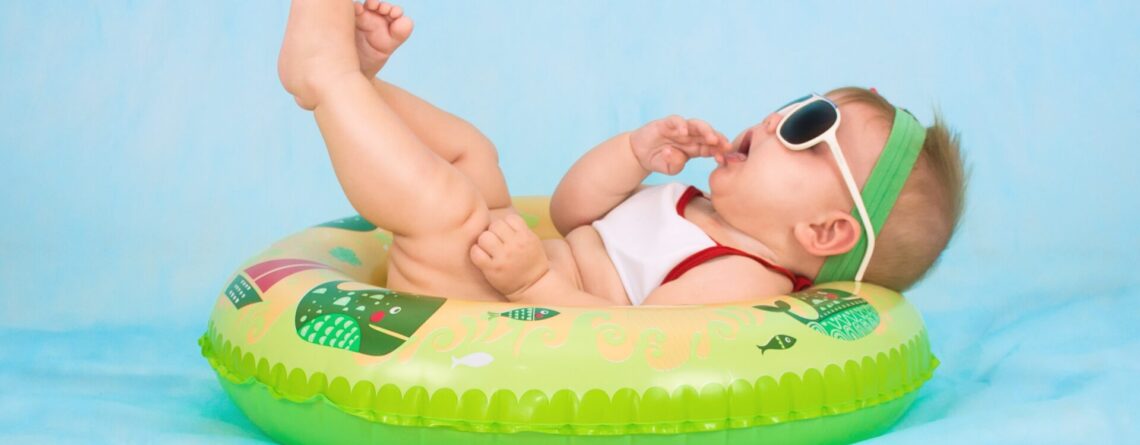


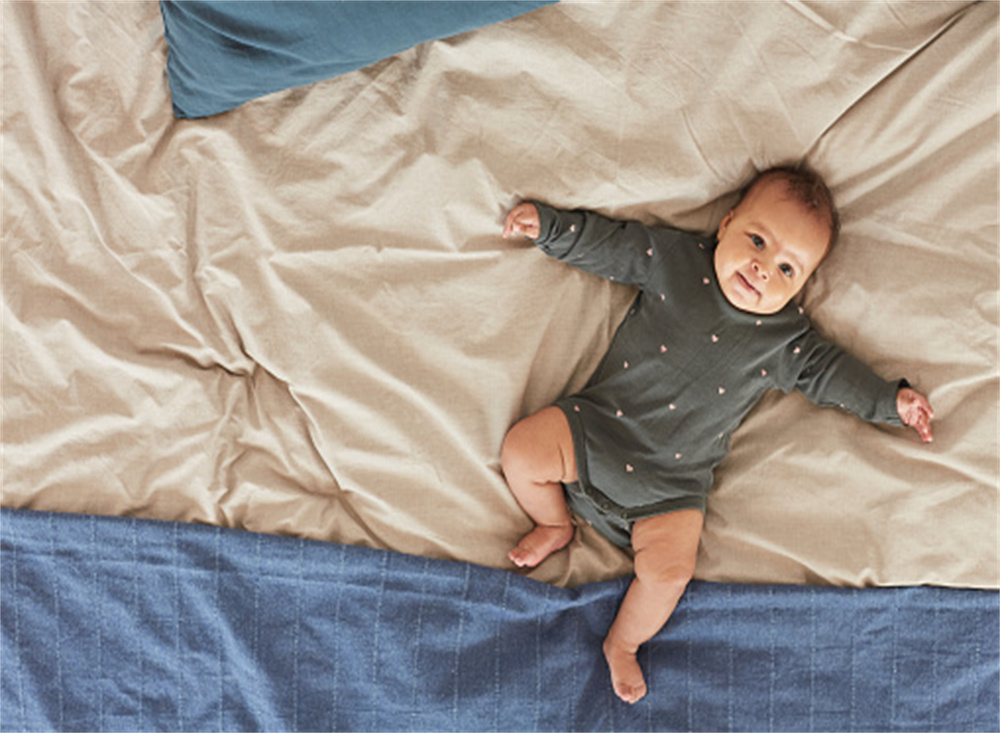

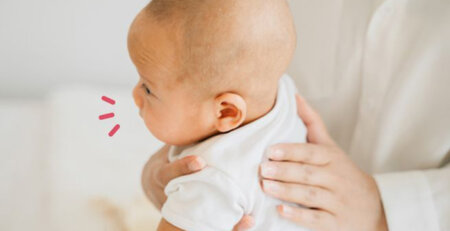



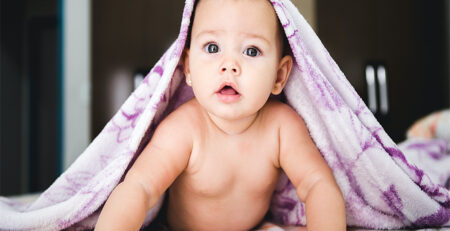
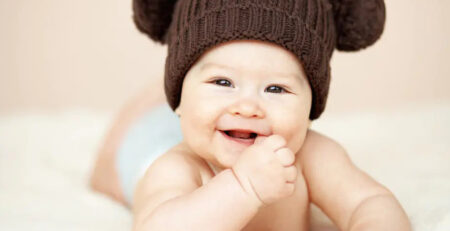


LEAVE A COMMENT